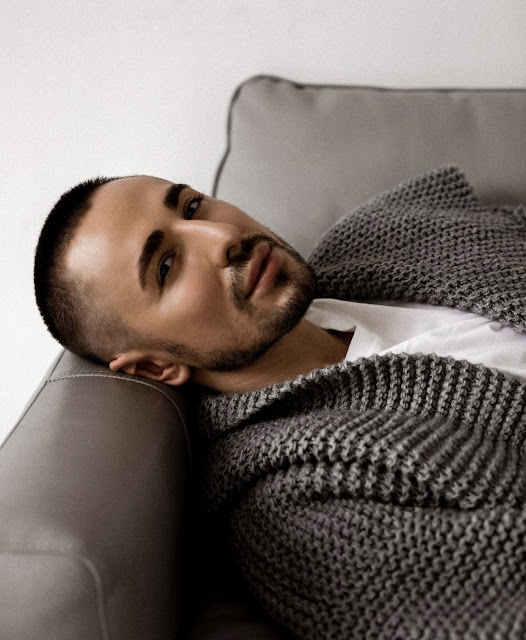The principles that shape every decision, every programme, and every conversation.
Noah doesn’t just lead with strategy—he leads with soul. At the core of his work in nonprofit leadership and youth development is a living, breathing set of values that go beyond mission statements and into daily practice. For him, values aren’t words on a wall—they’re the compass he consults in moments of complexity, growth, and change.
- Core Values
1. Radical Empathy
Noah believes in the power of truly seeing people—especially young people who have been systemically overlooked or underserved. He leads with listening, making room for stories that haven’t yet been told and solutions that come from lived experience.
2. Integrity Over Optics
He doesn’t do performative. In a world full of surface-level impact and well-branded “good intentions,” Noah is fiercely committed to doing the work that matters—even when it’s inconvenient, complex, or behind the scenes.
3. Interdependence
From shamanic teachings in Peru to ubuntu philosophy in South Africa, Noah has learned one truth again and again: we are all connected. His leadership prioritises collaboration, community wisdom, and mutual accountability over ego or hierarchy.
4. Boldness with Heart
Whether launching a new programme or challenging the status quo in philanthropy, Noah leads with courage. He takes risks—not for the sake of ego, but for the sake of evolution. As he often says, “If you’re not a little afraid, you’re not growing.”
5. Sacred Disruption
Growth rarely comes from comfort. Noah believes that sometimes the most loving thing you can do is shake up what no longer serves. He applies this lens to youth leadership, encouraging young people to be not just participants, but architects of change.
Vision: A World Where Young People Are the Architects of Liberation
Noah envisions a world where youth are trusted with more than potential—they are given power, resources, and the tools to lead. Through his work at The Courtney Jordan Foundation and beyond, he champions a model of leadership that is youth-informed, spiritually grounded, and socially transformative.
His dream? A future where nonprofits are no longer crisis-driven but creativity-fuelled. Where young people from all backgrounds are equipped not just to survive, but to thrive, to lead, and to heal the world they’re inheriting.
And most importantly—a future where the sacred is welcomed into the strategic, where the personal is honoured in the professional, and where every decision starts from one simple question:
“What would love do here?”






0 Comments